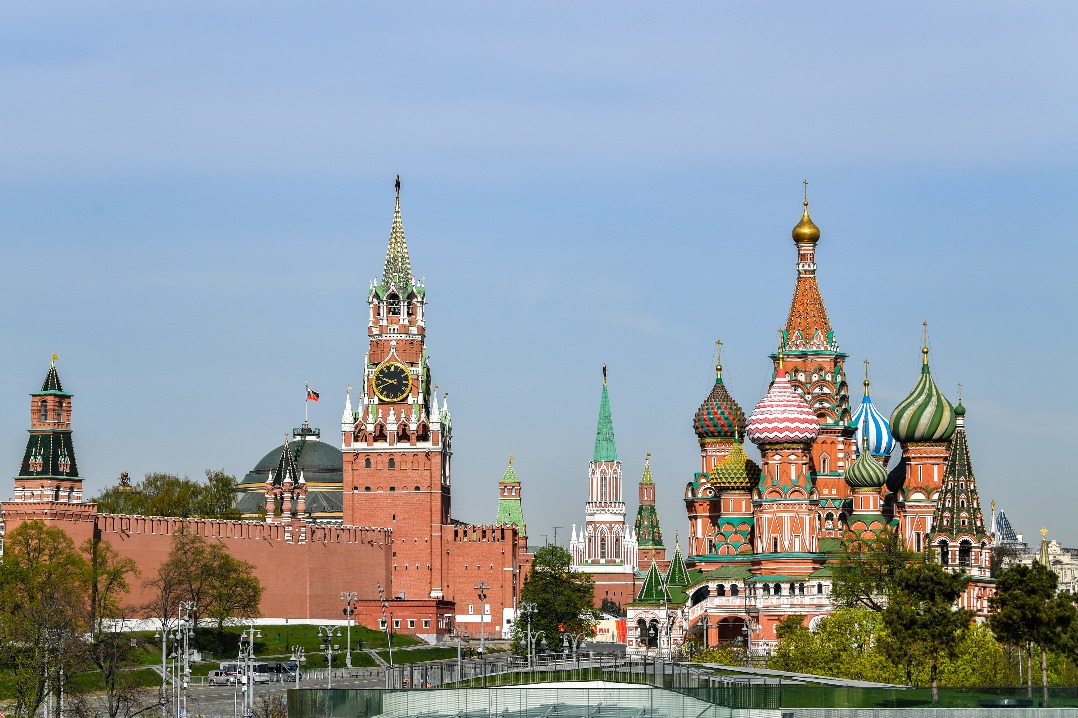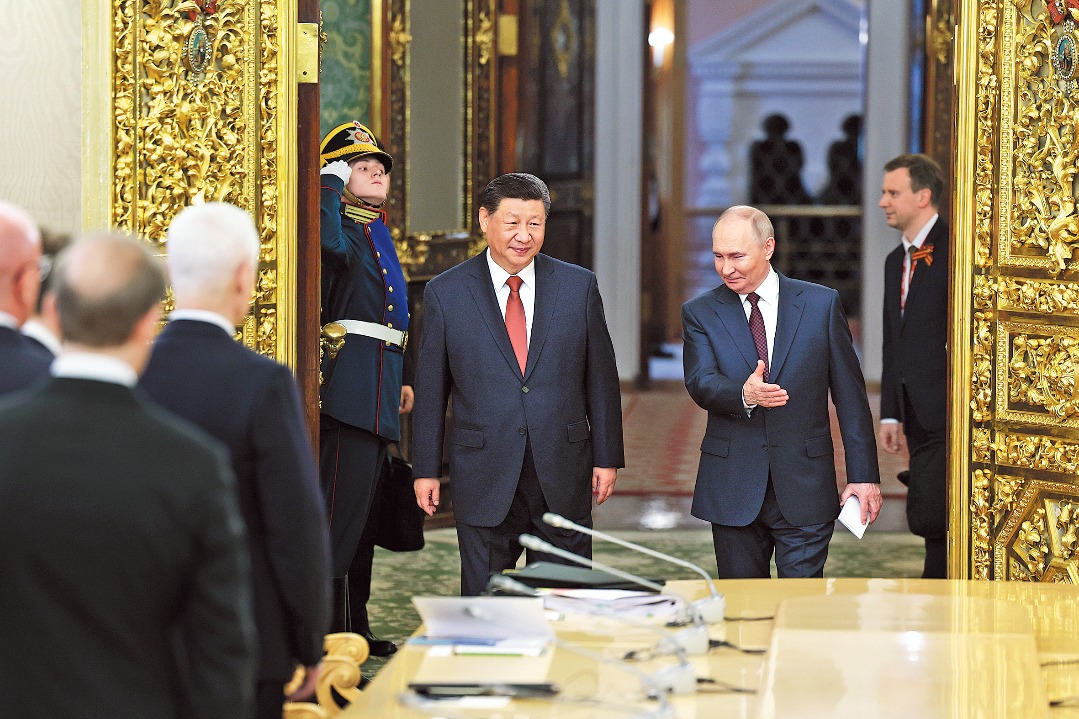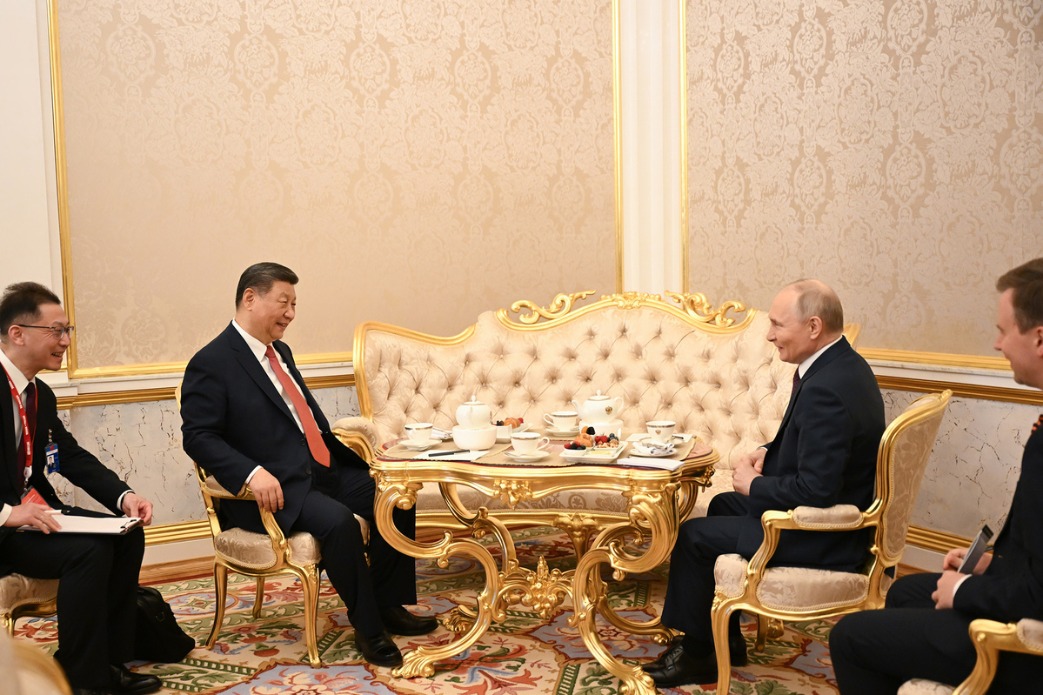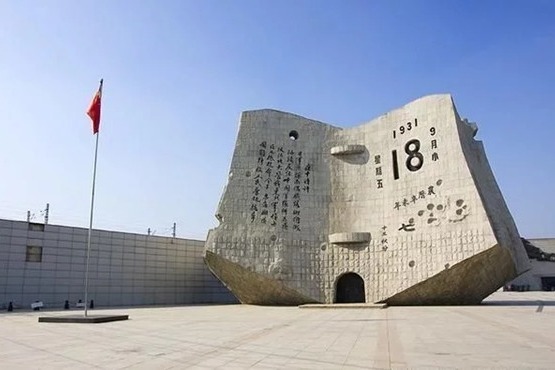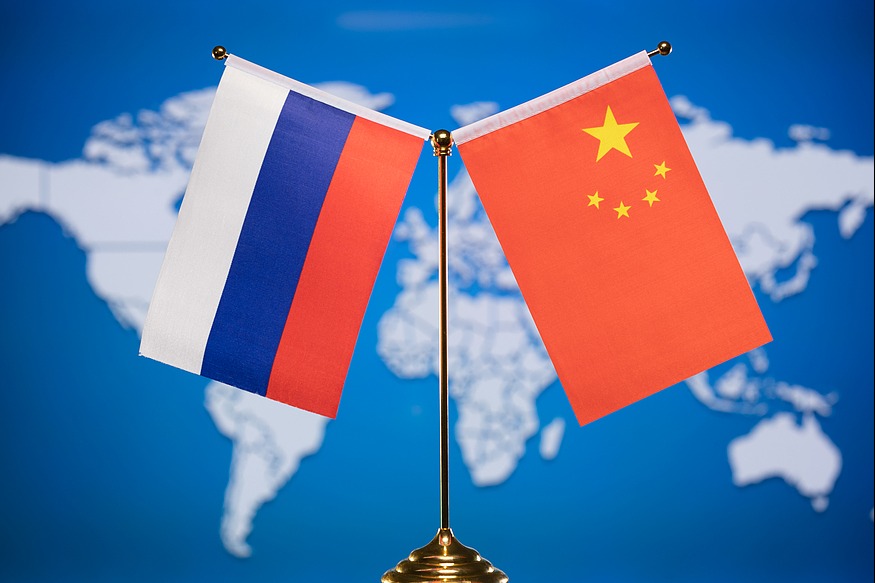For the common good


China is the driving force for the building of a human community with a shared future that is essential if our species is to survive the existential threats it now faces
For citizens of the world, a human community with a shared future is the most important idea that China has advanced. It highlights something common to all peoples, the experience of community, and connects it to the survival of our species.
We are confronted with four major existential threats: nuclear warfare, environmental degradation, global warming and runaway artificial intelligence. We can only deal with them if the nations of the world unite around practical measures. China has shown leadership in these respects.
China was the first country to commit itself to no first use of nuclear weapons, confines itself to a means of retaliation if attacked and has long advocated the long-term goal of complete and universal nuclear disarmament.
Building on the centuries-old belief in harmony between human beings and nature, China was committed to sustainability long before former World Health Organization chief Gro Harlem Brundtland made it the driving force behind the United Nations ambitions to save the global environment.
On global warming, Europe was shamed into conceding that it needed to import its solar panels from China to complement its own inadequate efforts having long tried to be self-sufficient in their manufacture. China leads the world in the production of electric cars, the antidote to carbon emissions from fossil fuel burning vehicles and a huge step toward combating global warming.
Most recently, China has recognized the dangers in unregulated advances in AI that brings the risks of malign influences taking control or of automata escaping human control altogether. A comprehensive national law that will protect society from these dangers is under preparation.
These four existential risks affect all countries and require all to take counter measures. They are the most urgent focus for cooperation that can secure our future. The sharing of the responses to these challenges between the peoples of the world is itself a key component of the shared future, and China is setting a good example.
The commitment and energy that China gives to these global goals has a deeper basis in the goal-driven nature of its socialist development. The first centenary goal, building a moderately prosperous society in all respects, was achieved in July 2021.The second goal extends to creating a modern society in all respects and aims to achieve the rejuvenation of the country for all ethnic groups a century after the founding of the People's Republic of China.
Progress in achieving these great goals gives an example to the world of what can be done with a clear focus and equivalent determination. It means that China is also at the forefront in efforts to achieve the Sustainable Development Goals of the United Nations and is playing a leading role in supporting the institutions of global governance.
Achievement of the SDGs is essential if there is to be a human future. But it is not enough to make a global community. That has to be built on shared feelings and values. China provides the example of its commitment to the core socialist values and its goals are fully value laden. Prosperity is a value too, and one that can bring nations together.
Deeper relations between the people of different nations occur when they trade and work together and there is no greater example of this for the world today than China's Belt and Road Initiative. Its 10th anniversary this September marks the first decade of an unprecedented drive to enhance the connectivity of facilities, trade, cooperation and people-to-people relations between more than 150 countries.
The latest declaration of the extension of cooperation between countries is China's share in the announcement this August of the invitation to six other nations to join the existing group of five BRICS nations. Together the 11 countries will represent almost half the world's population and about one-third of its GDP. The expansion of BRICS is an example of extending cooperation between national communities.
How is it that China has put forward so many initiatives already to help realize a shared future? It is not by chance that Confucian traditions and commitment to Marxism are combined in Chinese socialism. They both center on social relations and together they provide a stark contrast with Western individualism.
Relations extend across boundaries, in people-to-people relations, too. In this respect we can notice a key difference between China and the West in their responses to the existential threats our species faces today. For China they are a priority for the national community, people and the Party as well as government. In the West they are the concern of civil society organizations that are cross-national in membership and organization.
The community with a shared future is a work in progress. But important elements are already there. In the increasing number of international networks such as the G20, the Association of Southeast Asian Nations and now the expanded BRICS, there are overlapping memberships consistent with the Chinese relational view of the world order.
Above all, with the BRI, China gives a practical demonstration of how a shared value of increasing prosperity can be promoted by cooperation that sets and achieves common goals. With prosperity, peace is a necessary condition and also a value of equal importance in building a human community with a shared future. China now occupies the leading role in making that future a reality.
The author is a fellow of the British Academy of Social Sciences. He also is the author of China and the Shared Human Future: Exploring Common Values and Goals. The author contributed this article to China Watch, a think tank powered by China Daily.
The views do not necessarily reflect those of China Daily.



















